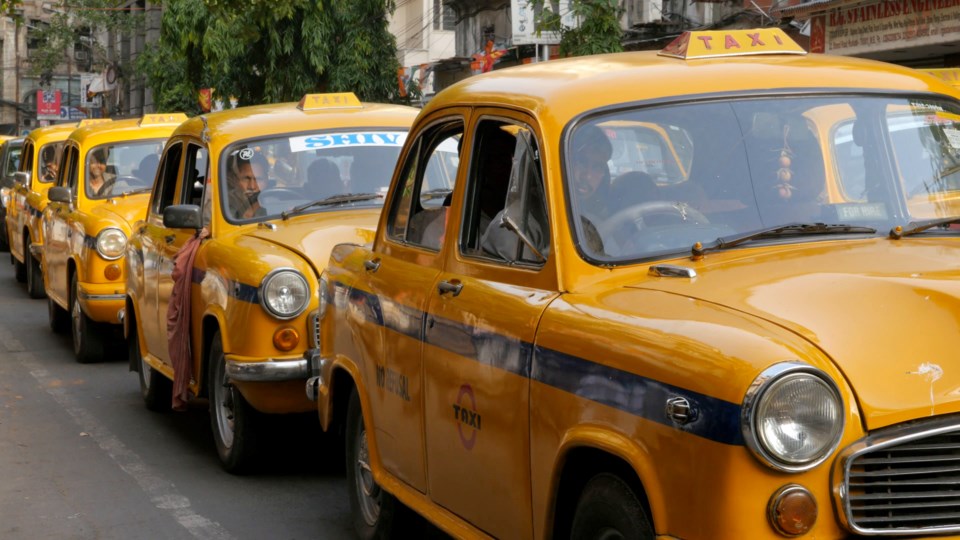The other day, inspired by the recent gift-giving and gift-receiving season, I found myself musing on intangible gifts.
In fact, I awoke from a dream in which I had asked a group with whom I was working to list the best intangible gifts they had ever received. For a couple of minutes, I lay there wondering what those intangible gifts might be in my case — and then the floodgates opened.
The list starts with the love my wife and I have shared for decades, but that was quickly followed by all the close friends with whom I have a special bond, another form of love. In my case, they are mostly people with whom I have worked closely over the years, with deep roots in shared values, shared challenges and shared accomplishments; others are those with whom I have danced over my decades as a Morris dancer. Another gift of love and friendship is from my dogs, who not only give me trust and love, but ensure I go outdoors and walk twice a day.
Then there are the gifts of strangers, the random acts of kindness that lighten our days. The one that came instantly to mind was the taxi driver in Kolkota, India, some years ago, who found the much-loved vest I had left in his taxi — a gift from a friend — and took it all the way back to the hotel where he had picked me up, a long drive. I had been very upset at losing it and was overjoyed to get it back — and made sure to thank him with a gift of my own.
Another set of intangible gifts involve beauty, from the beauty of nature — the dawn, the Milky Way, a flower or a mountain view — to glorious buildings or wonderful furnishings and to art, be it a painting, a sculpture, music or other performance art. Related to that, perhaps, is the gift of humour — which is why I read the comics at the start of every day, although spontaneous humour is matchless.
But I am deeply mindful of the fact that I have been able to have these experiences in part because my basic needs are met. I have shelter, food and income. But while it must be harder to appreciate intangible gifts such as these when hungry, tired and cold, they are not beyond reach. Certainly, people living in those situations tell of experiencing kindness or seeing beauty and finding comfort from those experiences.
So then I thought: “Well, I can’t be the first person to have had these thoughts, so what does the great god Google have to say about intangible gifts?” On the whole, it was not edifying. Googling “intangible gifts” gave me a bunch of sites that were chiefly about buying people experiences. To be fair, the very first site, from GROW Counseling in Georgia, suggested support and encouragement, forgiveness, quality time, helping others and giving up an unhealthy habit. But a travel site had 52 ideas, most of which involved buying tickets or buying an experience, while DealNews suggested gifts of online music and videos.
So I decided to see what Wikipedia had to say about intangible gifts, thinking I would get something a bit more philosophical; I couldn’t have been more wrong. Top of the list was information about the Gift Tax in the U.S., and questions about what one can give to family members and what tax to pay. Then came an item about the gift economy, followed by a discussion on the value of intangible assets such as patents, copyrights, franchises, goodwill and trademarks.
Perhaps not surprisingly in this material age, it seems that intangible gifts have too often been monetized and commercialized. But what strikes me about the intangible gifts that matter to me is that nobody consciously gave them to me and they didn’t pay for them; they are experiences and memories of things that happened to me or that I came across, found or sometimes went looking for.
Intangible gifts such as these are fully portable and always with me, they trigger positive emotions and contribute to mental well-being. They really are the gifts that keep on giving.
Dr. Trevor Hancock is a retired professor and senior scholar at the University of Victoria’s School of Public Health and Social Policy.



